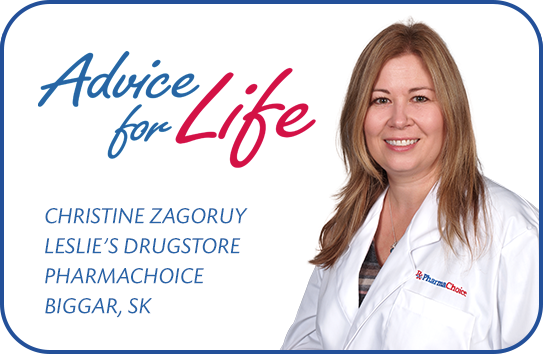It’s dangerous to believe that addiction applies only to certain people. Underestimating addiction blinds us and prevents those we care about from getting help. Your gender, wealth, intelligence, or beliefs do not prevent you from addiction or problematic substance use. Even ensuring that there is no access to drugs or alcohol in your home is not a guarantee of protection.
You can’t predict a person’s vulnerability to addictive substances. Whether it is a chemical, prescribed drug,05 or alcohol, believing intelligence, strong will, or a supportive family will prevent addiction is a hoax. Don’t let beliefs lull you to drop your vigilance. There are things that you can do, and it all starts with a conversation.
Addiction can affect anyone – truly. They are not bad, weak, or uneducated people. Problematic substance use is not limited to illicit drugs or lawbreaking. It is these beliefs that are barriers to recognizing substance use disorder in ourselves, family, and the community.
Everyone should know what is out there, you’re never too young. Discuss what problematic substance use is, examples, and how it can start quite innocently. Canadian and provincial government websites have resources and links for suggestions on how to start the talk, language to avoid, and where to begin addressing addiction concerns.
Addiction does have signs, often well disguised at the start:
- Personality change (ex: irritable, withdrawn, sadness, anxious, indifferent)
- Unable to concentrate, finish tasks
- Miss work, appointments, school
- Requiring more frequent or quantity of medication than what is prescribed
If you suspect a friend or family member may have an addiction, arm yourself by researching how to best approach the conversation. It is important to initiate your concern with an offer of support and willingness to understand. Best to listen mostly, and offer to find professional support versus offering advice or opinions.
Treatment needs to be individualized, requires close monitoring and multi-faceted support that your loved one is comfortable with. It starts with feeling safe to share their concerns. Finding the person who supports and does not chastise failures will provide the strength to seek treatment and stay on the path to fight substance addiction. The greatest role we can all play is to provide a path and know that there will be times of stops, backups, and restarts.
Support and proper pathways can be found through your pharmacist and other health professionals.




